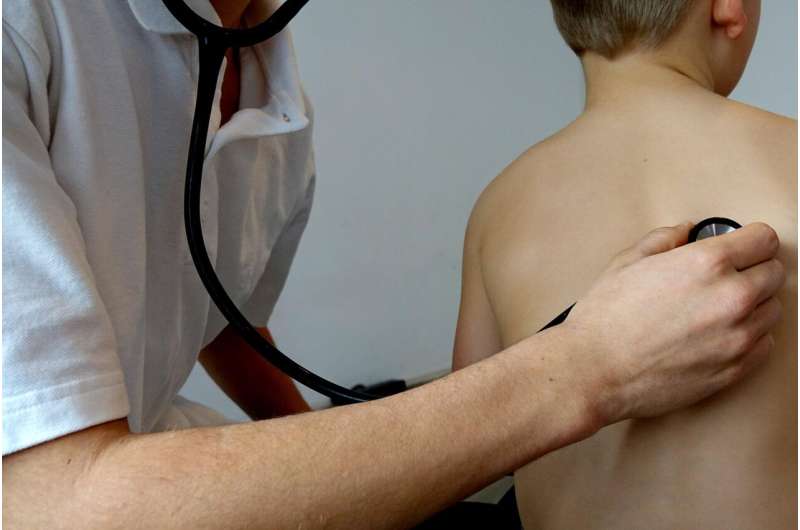Pre-Conception CT Scans Linked to Increased Risks of Miscarriage and Birth Defects

A large-scale study links pre-conception CT scans to increased risks of miscarriage and birth defects, stressing caution in imaging women planning pregnancy.
A comprehensive population-based study has revealed that women who undergo computed tomography (CT) scans prior to conception may face heightened risks of pregnancy loss and congenital anomalies in their babies. Researchers analyzed data from over 5.1 million recognized pregnancies and nearly 3.5 million live births in Ontario, Canada, spanning from 1992 to 2023. They identified that women exposed to CT radiation within four weeks before conception showed an increased likelihood of spontaneous pregnancy loss, including miscarriage, ectopic pregnancy, and stillbirth, as well as a higher incidence of congenital anomalies diagnosed during the first year of life.
The study found that the risk of pregnancy loss increased with the number of CT scans, especially those targeting the abdomen, pelvis, or lower spine. Women with one scan had a slightly elevated risk, which grew with multiple scans, particularly when the scans were closer to the estimated conception date. Similarly, the rate of congenital anomalies was higher in women with prior CT exposure. Specifically, the occurrence of congenital abnormalities rose from 62 per 1,000 live births in women without prior CT scans to 105 per 1,000 in those with three or more scans.
These findings highlight the importance of considering alternative imaging methods for women of reproductive age, especially when planning pregnancy. Healthcare providers are encouraged to weigh the benefits and risks of CT imaging and to explore less invasive options whenever feasible. The study emphasizes the need for updated guidelines to minimize radiation exposure before conception and improve fetal health outcomes.
Published in the Annals of Internal Medicine, this research underscores the potential reproductive risks associated with pre-conception radiation exposure and calls for increased awareness and precaution in clinical practices. For more details, visit source.
Stay Updated with Mia's Feed
Get the latest health & wellness insights delivered straight to your inbox.
Related Articles
How Toxoplasma gondii Alters Brain Cell Communication
Research shows that Toxoplasma gondii can impair brain function by disrupting communication between neurons and glial cells, potentially leading to neurological issues even with low infection levels.
Children's Risk of Long COVID Doubles After Second COVID-19 Infection
A new large-scale study reveals that children are at more than twice the risk of developing long COVID after a second infection, underscoring the importance of prevention through vaccination and health measures.
Innovative Approach Using Stem Cells and Drug Therapy to Combat Abnormal Bone Growth in FOP
A novel therapy combining stem cells and rapamycin effectively reduces abnormal bone formation in FOP, a rare genetic disorder, improving mobility and offering hope for future treatments.
New Insights into How Cancer Cells Develop Resistance to CDK4/6 Inhibitors
New research uncovers how cancer cells create a protective microenvironment that leads to resistance against CDK4/6 inhibitors, opening avenues for improved therapies in breast cancer treatment.



